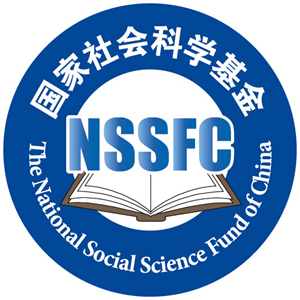Breakthrough Process on the Projects of SWMU Supported by the National Social Science Fund

In recent years, SMWU attaches great importance to the application and management on the projects supported by NSSF, increases the concise intensity in the direction of scientific research, focuses closely on the aspect of “medicine” when doing social sciences research, makes efforts to develop the research team and scientific productions of humanities and social sciences with the unique medical characteristics. The next plan of SWMU is going to further concise the direction of social science research, focus more on cultivating high-level projects, and continuously improve the level of social science research.
Projects supported by NSSF is currently the only national social science project in China, facing to the five systems included Universities, Academies of Social Science, Party Schools, the party and government organs of scientific research departments, military institutions, which is considered as a measure of scientific research strength and an significant symbol of capacity of scientific research organization by the social science community.
